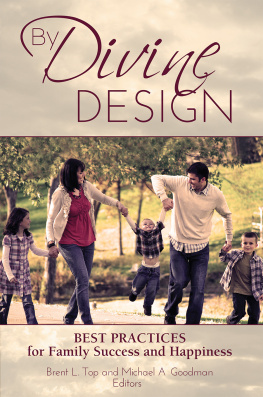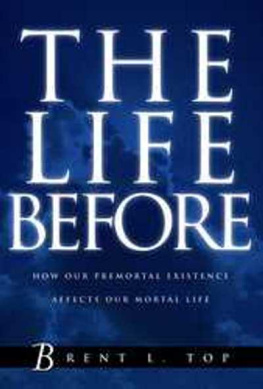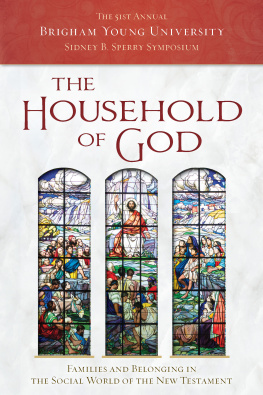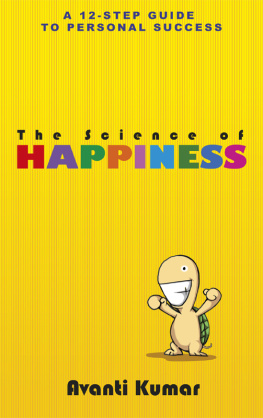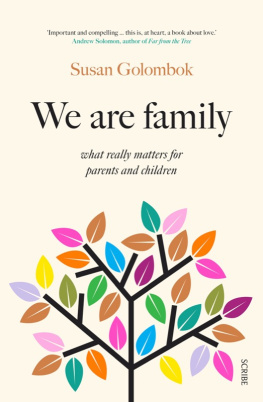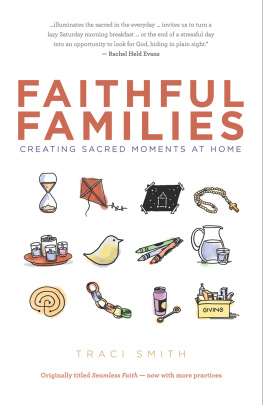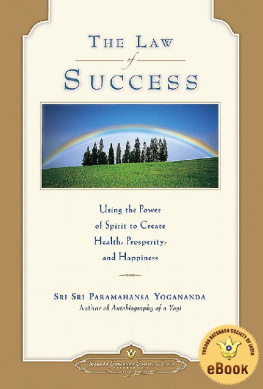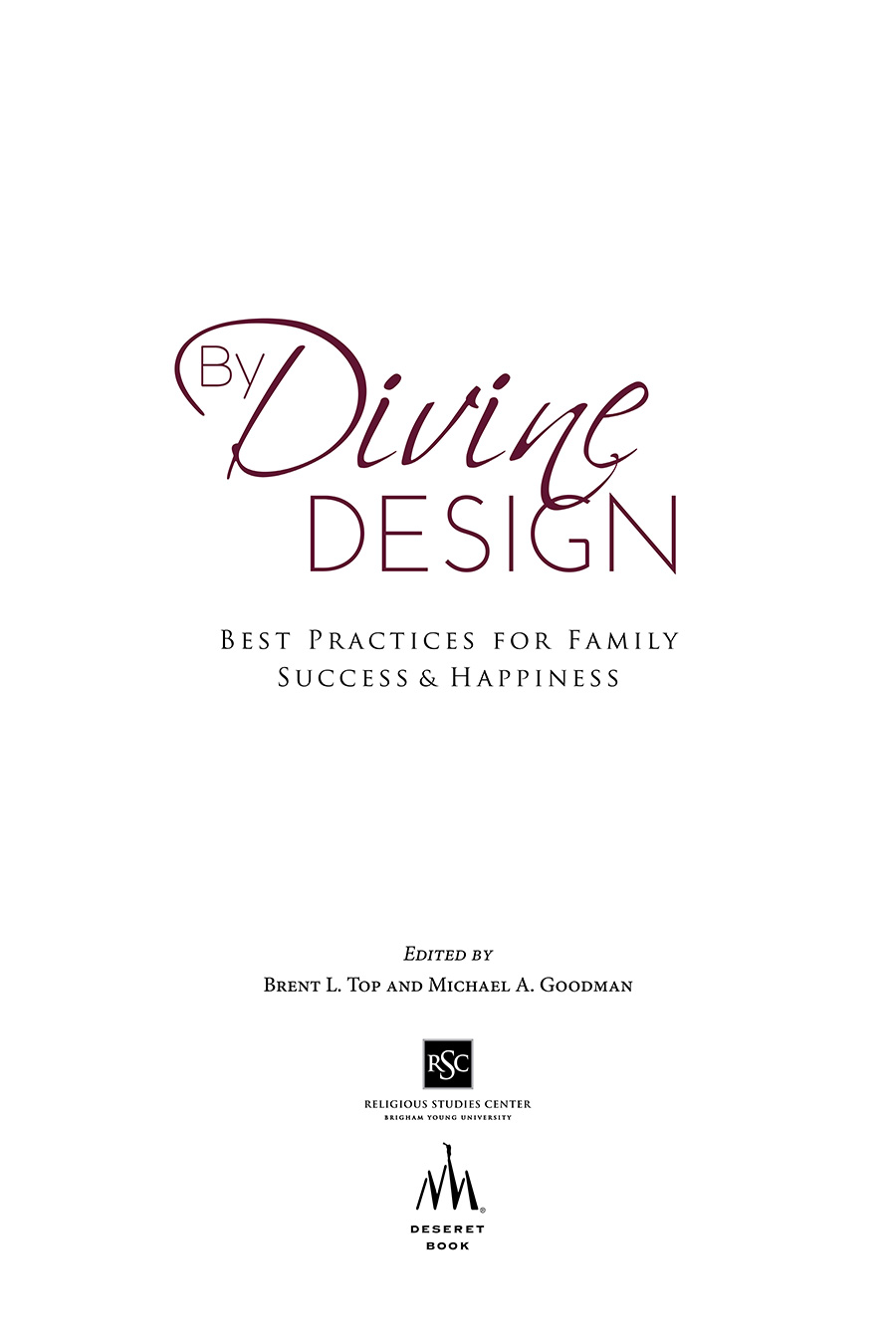2014 Brent L. Top; Michael A. Goodman.
Any uses of this material beyond those allowed by the exemptions in U.S. copyright law, such as section 107, Fair Use, and section 108, Library Copying, require the written permission of the publisher, Religious Studies Center, 167 HGB, Brigham Young University, Provo, Utah 84602. The views expressed herein are the responsibility of the authors and do not necessarily represent the position of Brigham Young University or the Religious Studies Center.
ISBN 978-0-8425-2850-4
Retail US $27.99
Cover design by Tiffany Simmons and Juliana G. Cox
Interior design by Juliana G. Cox
Cover photo by Rhonda Richins
Cloud texture by Lost & Taken
Library of Congress Cataloging-in-Publication Data
By divine design : best practices for family success and happiness / Brent L. Top and Michael A. Goodman, editors.
pages cm
Includes index.
ISBN 978-0-8425-2850-4 (hard cover : alk. paper) 1. Families--Religious aspects--Church of Jesus Christ of Latter-day Saints. 2. Mormons--Conduct of life. I. Top, Brent L., editor of compilation. II. Goodman, Michael A., 1963- editor of compilation.
BX8643.F3B9 2014
248.489332--dc23
2013036712
Preface
Brent L. Top & Michael A. Goodman
In a revelation given to the Prophet Joseph Smith in 1832, the Lord stated, And as all have not faith, seek ye diligently and teach one another words of wisdom; yea, seek ye out of the best books words of wisdom; seek learning, even by study and also by faith (D&C 88:118; emphasis added). Latter-day disciples of Christ are commanded in the same revelation not only to diligently teach one another the doctrine of the kingdom (D&C 88:77) but also to study many other subjects and disciplines (see vv. 7879) that ye may be prepared in all things... to magnify the calling whereunto I have called you (v. 80). It is our hope that this book, in some measure, helps readers gain new and important knowledge through an appropriate combination of the words of wisdom from both spiritual and scriptural sources (faith) and from the findings of solid social science research (study) about our most important responsibility throughout time and eternityour families. Prophets, seers, and revelators have long reminded us that the most important of the Lords work [we] will ever do will be within the walls of [our] own homes (Lee, 1973, p. 91), and no success can compensate for failure in the home (McKay, 1935, p. 116). So important is the family to our Heavenly Fathers plan that the First Presidency and Quorum of the Twelve Apostles issued a solemn proclamation to the world in 1995. The family is central to the Creators plan for the eternal destiny of His children, the proclamation declared. Happiness in family life is most likely to be achieved when founded upon the teachings of the Lord Jesus Christ. Successful marriages and families are established and maintained on principles of faith, prayer, repentance, forgiveness, respect, love, compassion, work, and wholesome recreational activities (First Presidency and Council of the Twelve Apostles, 1995, p. 102).
Although the inspired teachings of latter-day prophets and apostles need no empirical validation, there is much, however, in the world of academic research that corroborates those teachings and provides us with additional insights and practical applications. The Prophet Joseph Smith taught that one of the grand fundamental principles of Mormonism is to receive truth, let it come from whence it may (Smith, 1980, p. 229). Therefore, whether truth comes from revelation, science, philosophy, or any other branch of knowledge, we are commanded to seek after it. Truth seekers do not pit science against religion or reason against faith, but rather, embrace the truths of each that will bless our lives, strengthen our families, and bring us all closer to God, who is the source of all truth. Religion and science have sometimes been in apparent conflict. Yet, the conflict can only be apparent, not real, for science seeks truth, and true religion is truth, declared President Ezra Taft Benson (1988). The two are meeting daily; science as a child; true religion as the mother. Truth is truth, whether labeled science or religion (118). In an effort to better understand and apply essential truths relating to marriage and family, this volume seeks to combine revelation and reasonthe scientific as well as the spiritual methods of learning.
Our objective for this project was to make available to a broader LDS audience solid scholarship in the field of family studies in a format that would not be like an academic journal article or a textbook. We desire to provide a gospel-centered, best practices book for husbands and wives, fathers and mothers that is founded on prophetic teachings and substantiated by good science. Just as the objective of this book is a marriage, so to speak, of disciplinesgospel knowledge and application combined with academic, social-science scholarshipso too is the collection of contributors to this volume. Each of the chapters is written by faithful Latter-day Saint scholars from Brigham Young University who have strong academic credentials, having studied at some of the best universities in the country. Each has extensive experience in teaching, researching, and publishing on the subjects related to marriage enrichment, child development, and parenting skills. While all of the contributors come from Brigham Young University, each has unique insights and experiences. Some teach LDS marriage and family classes in Religious Education. Others teach classes in child development, family studies, sociology, or psychology in the School of Family Life and the College of Family, Home, and Social Sciences. Some have extensive experience in marriage and family counseling. Some write primarily to the Latter-day Saint audience. Others are recognized nationally and internationally for their scholarly contributions to the academic community. All are wives or husbands, mothers or fathers, and devoted members of The Church of Jesus Christ of Latter-day Saints. Bringing together these different voiceseach speaking from his or her unique vantage pointcombined with a common faith in the eternal nature of familiesis the objective of this book. It is our hope that their voices will inform and inspire.
Although each of the chapters is a stand alone contributionnot directly related to the previous or succeeding chapters, there is a logical flow of the chaptersmoving from general principles to more specific suggestions, from marriage to parenting, and from parenting young children to parenting older children. Neither this book nor any book could adequately address every issue related to marriage and family life or every problem than any couple or parent may encounter in life. As a result, this book is not intended to be a comprehensive or exhaustive study of the family. Rather, we have selected those topics that address common but important issues. The contributors to this volume were selected because of their expertise in researching, writing, and teaching about these issues. With the overarching objective being the faithful blending of social science and gospel principles, the authors were not only allowed to select the topic they wanted to address in their chapter but also the approach they wanted to take in their writing of it. Amazingly, the topics that were proposed by the respective authors were not redundant and touched upon all of the main issues of marriage and family that we wanted addressed. Giving the individual authors that much latitude, however, does have some downside. There is some overlap among the concepts taught in the various chapters. This is to be expected when dealing with such a broad topic as family relationships. Also, the approach taken by the authors is not correlated or consistent. One author may have more social science citations than another. One may address the social science first and the gospel applications at the end. Another may reverse the order. Some seamlessly blend them together. Some authors will highlight the main points of their chapters with many different studies cited in the family science literature, whereas others may focus almost exclusively on their own studies, the accompanying statistical results, and what generalizations can be made therefrom. Rather than being a weakness, the diversity of experts and their own unique approaches to the topics provide academic strength and a broad gospel perspective.

